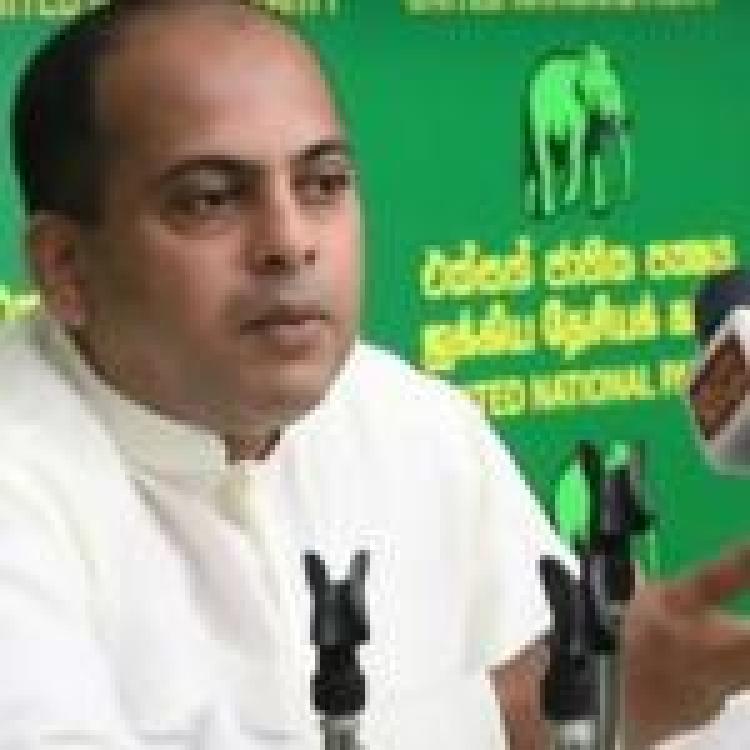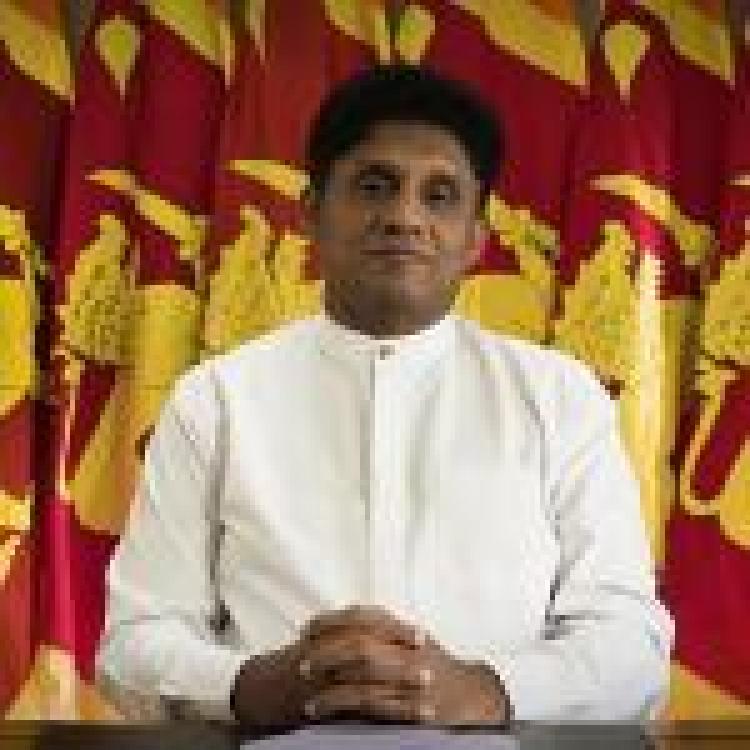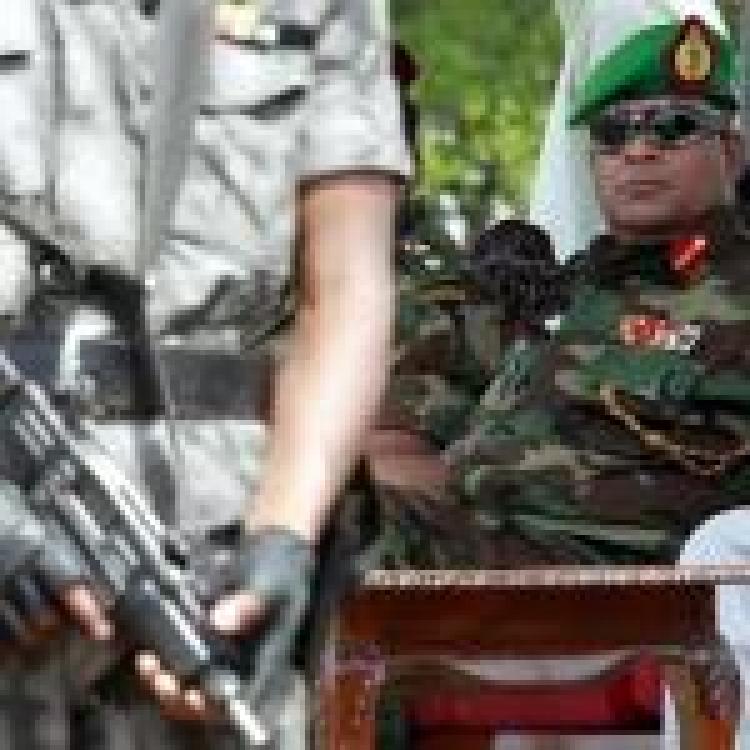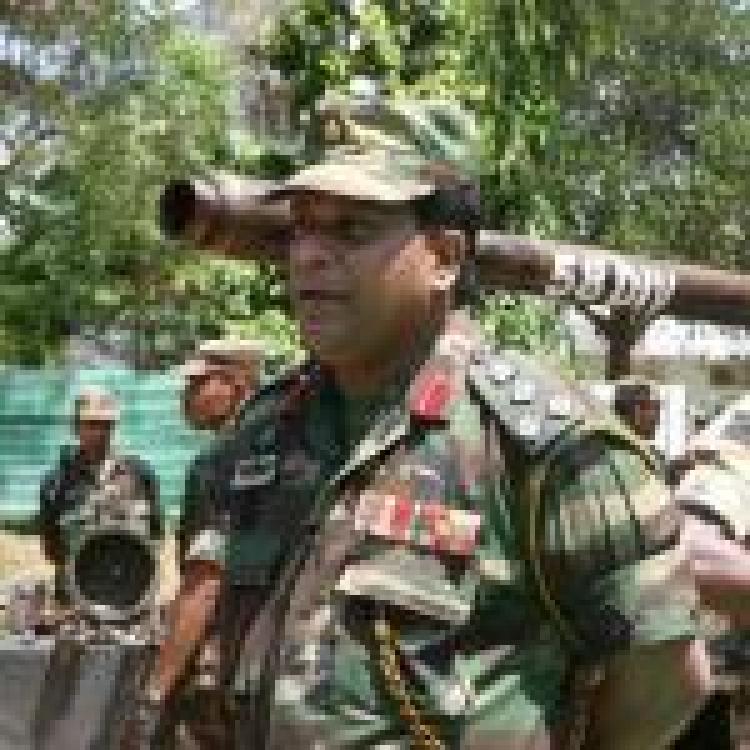The Australian Tamil Congress (ATC) welcomed the travel ban imposed Sri Lanka’s army chief, Lt. Gen. Shavendra Silva and his family, in a statement released yesterday.
The sanction slapped against General Silva, was announced by Secretary of State Mike Pompeo last week and quoted Silva’s command responsibility for “gross violations of human rights, namely extrajudicial killings, by the 58th division of the Sri Lanka army during the final phase of Sri Lanka’s civil war in 2009” as the reasons for his travel ban.
The ATC went on to encourage and call on the Australian government to “take similar steps in acknowledging command responsibility by Sri Lankan political and military personnel who have mounting evidence of mass atrocity crimes against them.”
The ATC expressed their displeasure with Australia maintaining a relationship with the alleged war criminal Shavendra Silva, stating,
“Most recently, on 14 January 2020, the Australian Defence Attaché at the High Commission of Australia in Sri Lanka and Australian military personnel joined Silva at an event. With Silva’s responsibility for gross violations of human rights being acknowledged by the USA, the ATC calls on the Australian government and military to cease such close relationships with an alleged war criminal.
The ATC notes that in 2013 media reports had claimed that Major General Jagath Dias of the Sri Lankan Army was denied a visa to Australia due to allegations of war crimes.”
The ATC added that despite the travel ban being a small success in steps taken to acknowledge the injustices faced by Tamils, “justice for victims and survivors of mass atrocity crimes, and their families can only be achieved by holding perpetrators of these crimes accountable. To that end the ATC continues to call for an international independent investigation into mass atrocity crimes in Sri Lanka.”
Earlier today, former Chief Minister of Northern Province in Sri Lanka, C.V. Wigneswaran also welcomed the travel ban and encouraged that international investigations should also follow.
Read the full statement here.




